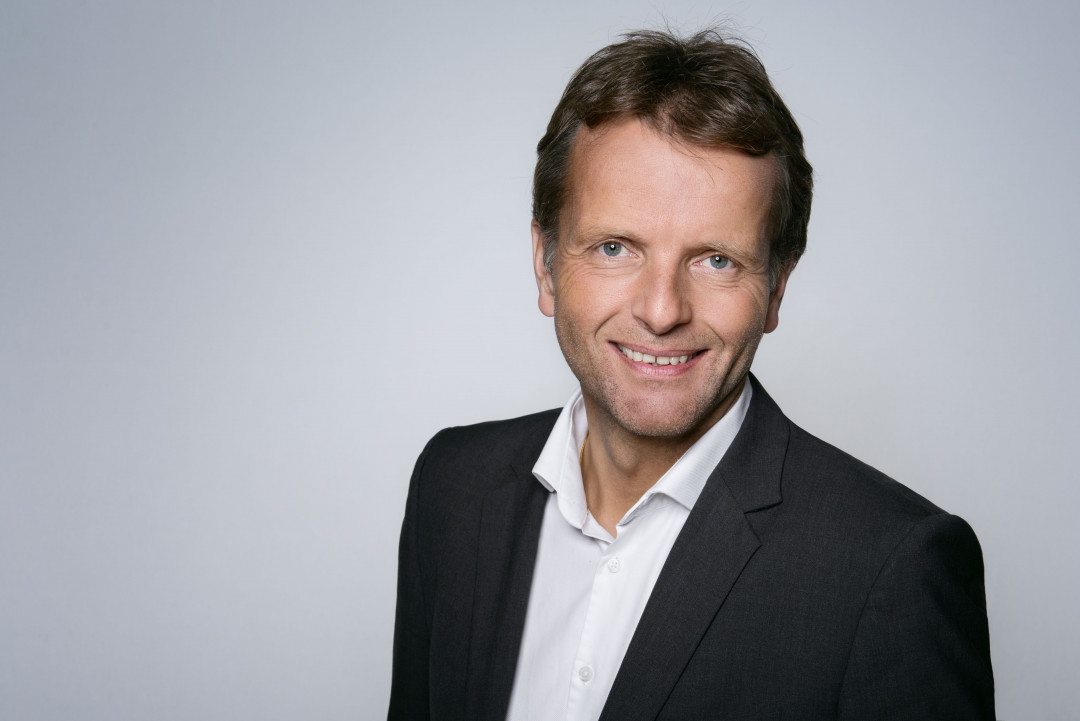
The AIF Alliance for Industry and Research welcomes the funding for climate-friendly technologies from medium-sized companies presented by the Federal Minister for Economic Affairs and Climate Protection, Robert Habeck, on 23 August 2024. ‘We see this billion-euro funding from the Federal Ministry for Economic Affairs and Climate Protection (BMWiK) as an effective investment in the success of the further transformation process. Since small and medium-sized businesses make up the majority of the German economy, research and development in the direction of ecology and climate protection oriented production is particularly sustainable and efficient for the entire system,’ explains AIF board member Thomas Reiche.
The AIF Alliance for Industry and Research welcomes the funding of climate-friendly technologies from medium-sized companies presented by the Federal Minister for Economic Affairs and Climate Protection Robert Habeck on 23 August 2024. The new ‘Federal Funding for Industry and Climate Protection’ (BIK) in the amount of 3.3 billion euros is to run until 2030 and is financed by the Climate and Transformation Fund.
‘We see this billion-euro funding from the Federal Ministry for Economic Affairs and Climate Protection (BMWiK) as an effective investment in the success of the further transformation process. Since small and medium-sized enterprises make up the majority of the German economy, research and development in the direction of ecology and climate protection oriented production is particularly sustainable and efficient for the entire system,’ explains AIF board member Thomas Reiche. Reiche is also managing director of the AIF research association FEhS Institut für Baustoffforschung e.V. He believes that the BIK's focus on sectors such as the chemical, steel and foundry industries, glass and ceramics production, the paper and pulp industry, and the cement and lime industry is highly effective, as CO2 emissions within the production processes are extremely high here.
The first module of the BIK funding is aimed at industrial companies that plan or operate facilities in Germany and want to reduce their CO2 emissions by at least 40 per cent. ‘BIK is a supplement to the climate protection contracts and is aimed squarely at medium-sized companies. BIK and climate protection contracts are aligned with each other and cannot be cumulated. Funding opportunities start at a project size of 500,000 euros for small and medium-sized enterprises (SMEs) and one million euros for large companies. From a project volume of 15 million euros, co-financing by the federal states of 30 per cent is planned,’ according to the BMWK.
At the same time, Reiche makes it clear that medium-sized companies have been actively involved in the further decarbonisation of the economy for years: ‘Under the umbrella of the AIF research associations, tens of thousands of small and medium-sized as well as large industrial companies are conducting research into climate and environmentally friendly product solutions and technologies. These include, for example, the use of hydrogen in glass production, concrete recycling, the use of slag in fertilisers or the combination of steel and plastics in order to save resources and significantly reduce emissions.’ A lot has already been achieved here thanks to the innovations resulting from the cooperation between companies and science, which the AiF has been sustainably supporting for seven decades. The current 40 per cent requirement in the BIK guidelines could well prove to be a hurdle for medium-sized companies, concluded Reiche.

